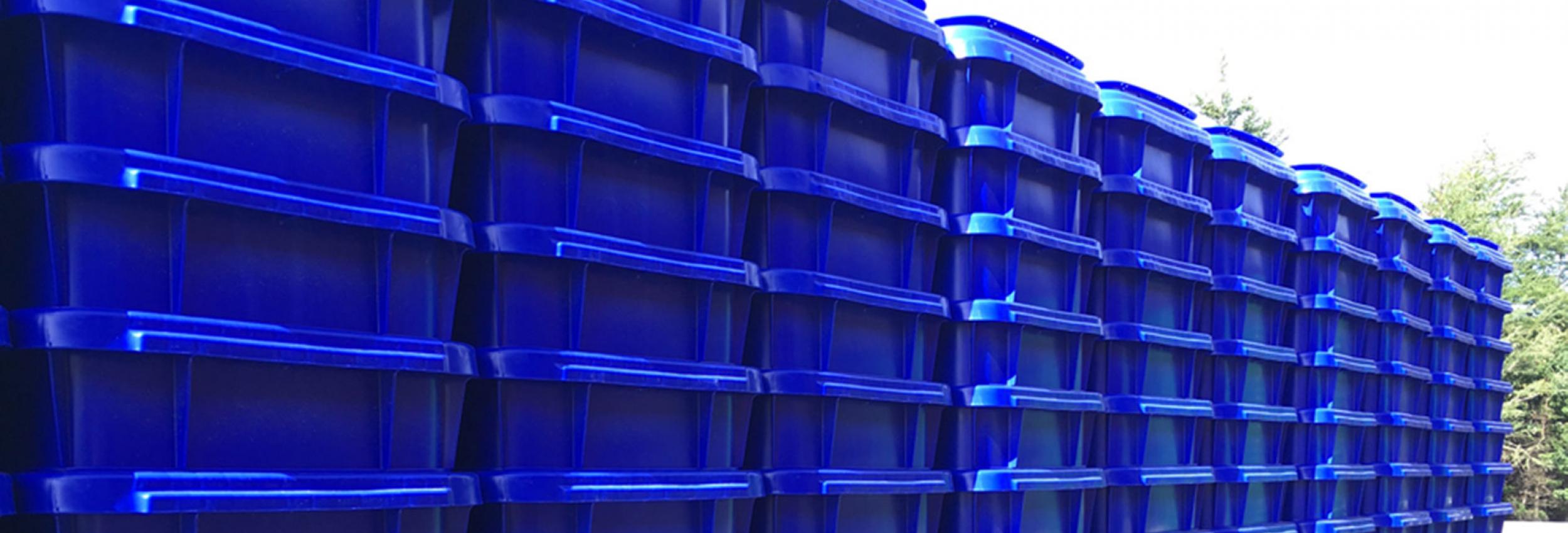Recycling
With environmental stewardship a top priority, REgroup is a local leader in diverting materials from landfills. In fact, we boast the largest commercial/industrial fleet in HRM, with 60% dedicated to recycling. Additionally, REgroup now operates Halifax Regional Municipality’s Materials Recovery Facility located at 20 Horseshoe Lake Drive, Bayers Lake Business Park, Halifax, NS.
REgroup receives, handles, processes, and markets recyclable materials received at this facility. The facility features a commingled container processing line and a commingled fibres processing line. The marketable materials are then sold to various customers who ultimately recycle these materials.
The Facility has a nominal capacity of 36,000 tonnes per year. The facility currently receives ~25,000 tonnes per year from HRM’s residential (blue bag) program and from commercial sources. The Facility also receives recyclable material from the Municipality of Chester.
Process Overview
Commingled Containers Line
The commingled containers arrive primarily in blue bags. A front-end loader pushes them into an in-floor hopper feeding the mechanical bag breaker, where tines rip open the bags. The containers and bags fall onto an incline conveyor which rises up to a platform station where sorters remove bags and debag by emptying and removing the plastic bags (and any film plastic), then dropping the plastic bags and film plastic onto a film transfer conveyor that takes this material to a dedicated plastic film baler. The remaining materials (including any remaining film plastic) are then deposited onto a pre-sort conveyor where there are additional sort stations designed to allow further recovery of plastic bags/film, any fibre and garbage (non-recyclable residue) that may be in the blue bags. The sorters here can be tasked as required depending on the prevalence and type of materials that are encountered in the blue bags that are being processed.
Commingled Fibre Material Line
Commingled Fibres arrive at the MRF in plastic bags (primarily grocery and retail bags or blue bags) and bundled and loose material. The material is tipped to the right of the front entrance door within a large concrete walled bunker. The fibre is then pushed with a front-end loader into a large hopper feeding an incline conveyor which raises the commingled fibre up to the sort conveyor. Cardboard is removed from the stream into bunkers, then the plastic bags that contain the paper materials are removed. The paper is then sorted into bunkers and residues are removed. The bunkers of paper are then pushed regularly onto the baler infeed conveyor to be baled. The cardboard and plastic film are also pushed separately onto the infeed conveyor to be baled.
The materials are shipped to markets.
